Mar 25 ~ Greek Independence Day

+
+ Theodoros Kolokotronis
+ Petros Mavromichalis
+ Athanasios Diakos
+ Nikitaras
+ Ioannis Capodistrias
+ Ioannis Kolettis
+ Papaflessas
+ Odysseas Androutsos
+ Alexander Ypsilantis
+ Demetrius Ypsilantis
+ Georgios Karaiskakis
+ Laskarina Bouboulina
+ Markos Botsaris
+ Alexander Mavrocordatos
+ Manto Mavrogenous
+ Andreas Miaoulis
+ Konstantinos Kanaris
++
+ Memoirs (Excerpts) of General Makriyannis


 +
+
Flag on left: Greek guerilla flag. The revolutionary motto: ΕΛΕΥΘΕΡΙΑ Η ΘΑΝΑΤΟΣ (Freedom or Death) the main motto of the Greek War of Independence and the current national motto of Greece, is horizontally written, in black, in the lower part of the flag. This flag was used by the Greek guerillas against the Ottoman occupation during the independence war (1821-1829).
Flag on right: Flag of Ypsilantis' Sacred Battalion. Alexander Ypsilantis (1792-1828) was a Greek who served as a general in the Russian Army. He was the leader of the political movement called Philiki Etairia (1820-1821) and led an invasion of Moldavia in an abortive attempt to liberate the Balkans from Ottoman rule. Red stands for the imperial purple robe and the self-government of the Greek people; white stands for innocence of the just cause of the Greek struggle against tyranny; and black represents the death of the Greeks for country and freedom. The obverse of the flag shows Saint Constantine (Emperor Constantine the Great) and his mother Saint Helena, flanked by the words, in black: ΕΝ ΤΟYΤΟ / ΝΙΚΑ (In this sign / thou shall conquest). The reverse of the flag shows a phoenix emerging from the ashes. It was the flag of Alexander and Demetrius Ypsilantis. The members of the Sacred Battalion and Georgios Olympos, heroes of the Greek independence struggle, fought and died under this flag.
+ Greek-American Easter in Kentucky
+ Fellow blogger Stavros was born in Istanbul (Constantinople), Turkey of Greek parents who immigrated to the USA in 1956. He grew up in New York City, joined the Marine Corps at age 19 and retired from the Corps twenty two years later. Stavros has a good post titled "The Meaning of Greek Independence": "The history of the struggle against the Ottoman Empire is replete with tales of daring and bravery, unfortunately, it is also a litany of man's inhumanity to man. Struggles of this type, against a determined and fanatical enemy, are never high-browed affairs as many Philhellenes like Lord Byron found out. The uprising in 1821 was a no holds barred war of attrition that can only be characterized as a fight to the finish. No quarter asked and none given. After all, the Greek subjects of the Ottoman Empire were nothing more than slaves. Slaves either submitted to the will of the Sultan or were to be made an example of and easily expendable. "


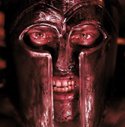


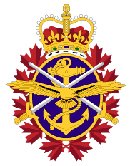





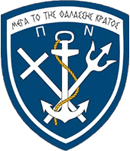

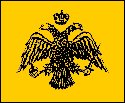






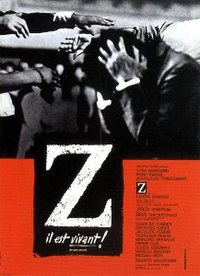
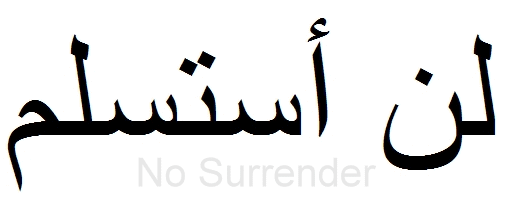

0 Comments:
Post a Comment
<< Home